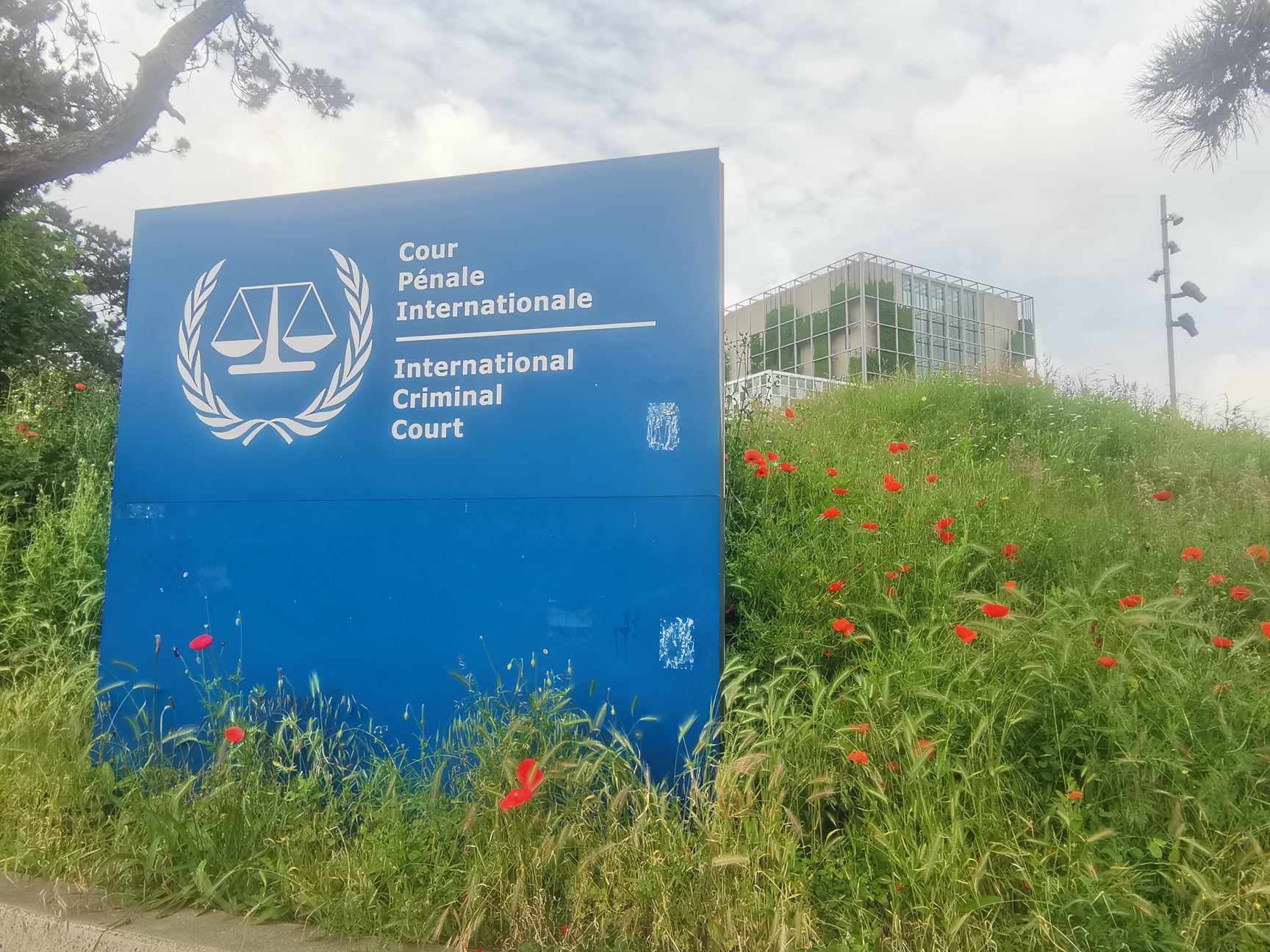
FIELD NOTES | The Hague: Attending the War Crimes Trial for Sudan
June 2024 | Daniel J. Gerstle | Humanitarianbazaar.org
This June 4th, 2024, while on an International Center for Journalists fellowship and in cooperation with Untold Magazine, I had the chance to attend the first war crimes trial for Sudan at the International Criminal Court in The Hague, Netherlands. The ICC had brought to justice a man they believe is “Ali Khushayb,” commander of janjawid forces during the early part of the Darfur War, a man allegedly responsible for killing hundreds if not thousands of civilians. Meanwhile, his defense is mistaken identity, and his peers have continued their war and were currently in the process of taking over Darfur completely while the international community did very little.
For my part, my colleagues in Darfur were not doing well as the Rapid Support Forces had surrounded the city of El Fasher and were directly bombarding hospitals. Meanwhile, I had wiped out on my bike in Berlin before traveling to The Hague and was having a difficult time breathing through a painful chest wound and bruised lung.
There are more details coming in this feature story which will be cross-published here and on Untold Magazine. For now, a quick point:
With the international community debating how and whether to enforce humanitarian and human rights law which prohibits the targeting of civilians on any side, governments and fighting groups in the Israeli-Arabic regional war, Sudan civil war, and many other conflicts have been doing so unhindered. The ICC, for its part, conducted vast investigations and issued charges and arrest warrants. But the ICC can do very little without powerful governments providing funding and endorsing their decisions.
The Sudan trial, as I describe in depth in the coming feature literary story you’ll find here in the future, stands as an example of how—tragically—it is never enough to just be right. Those who wish for a greater peace, enforcement of civilian protections, and any sense of justice are reminded that voters must be persuaded to rally powerful governments behind these laws or the courts are limited in what they can do.
Humanitarianbazaar.org

